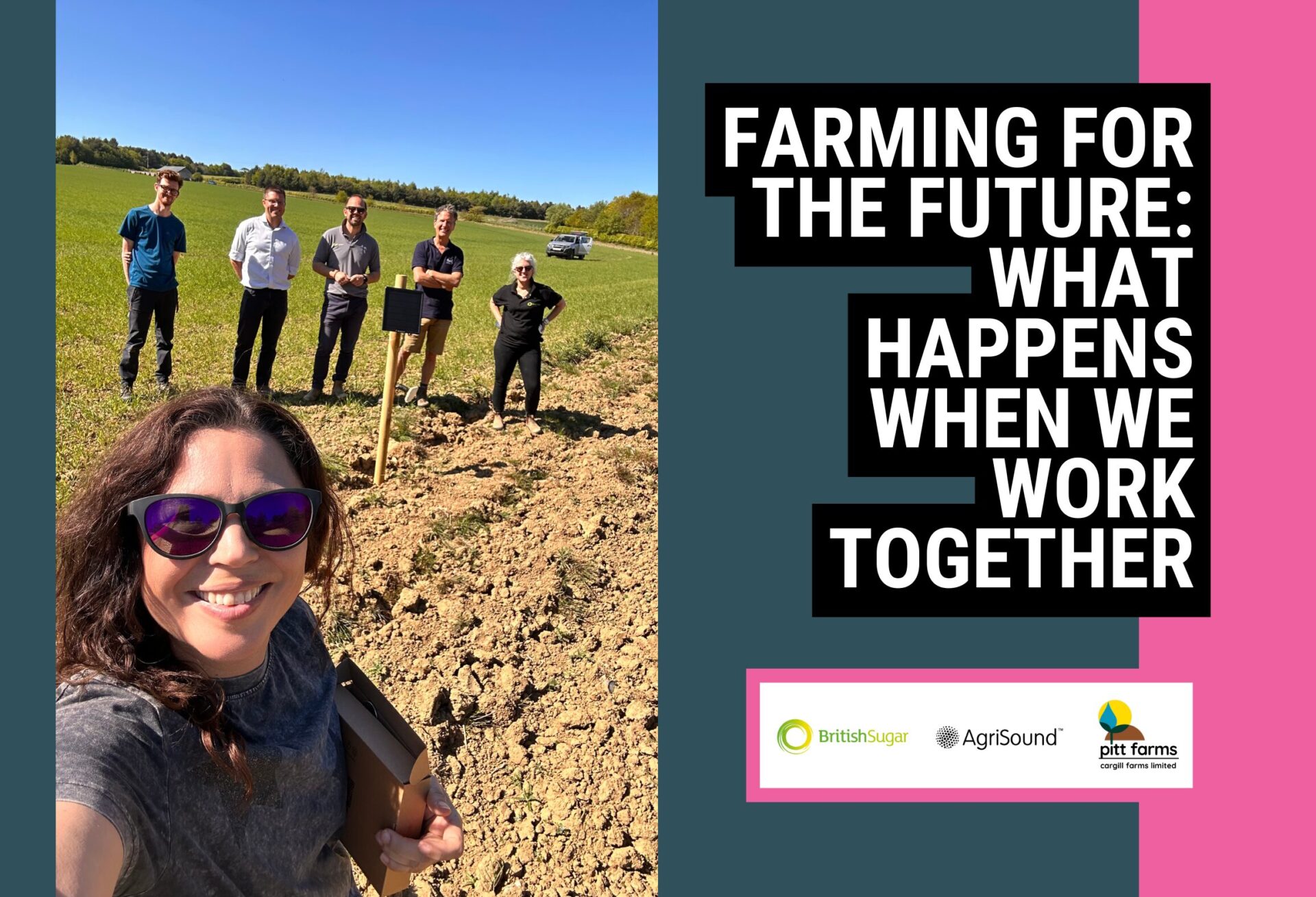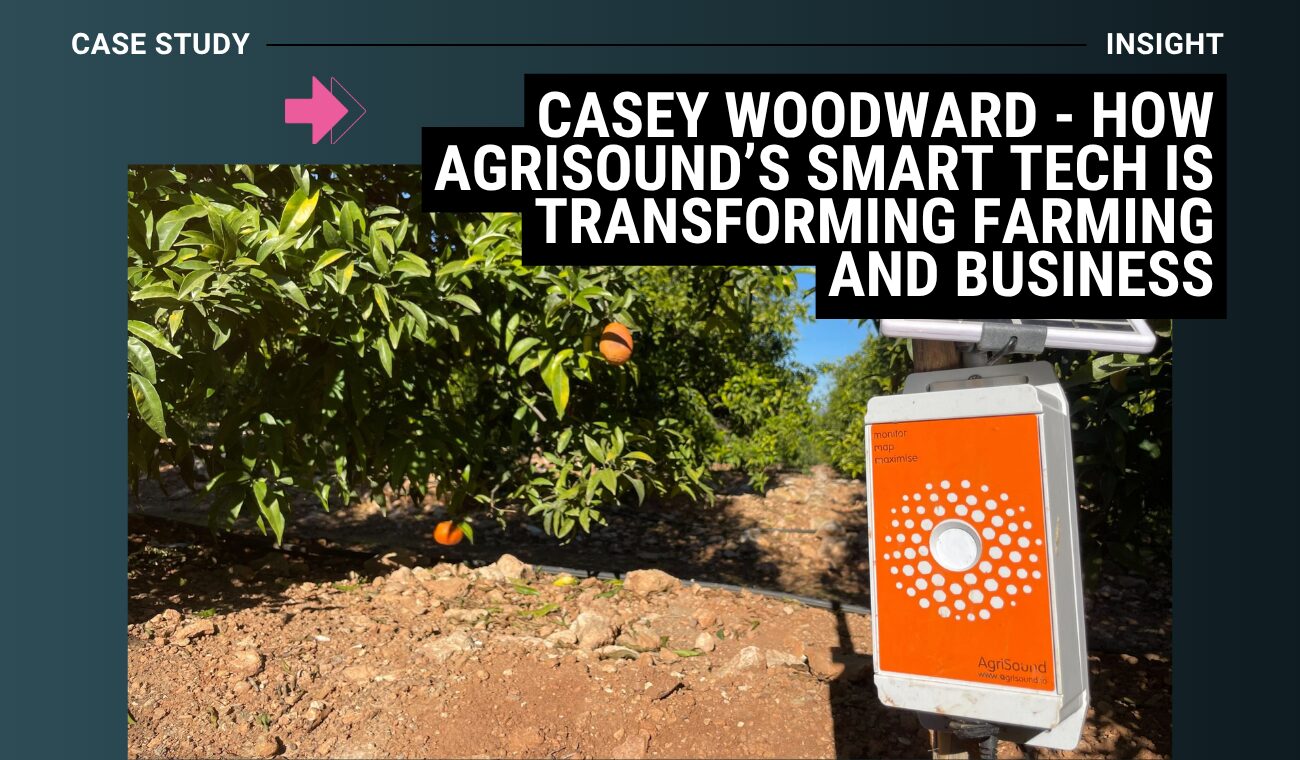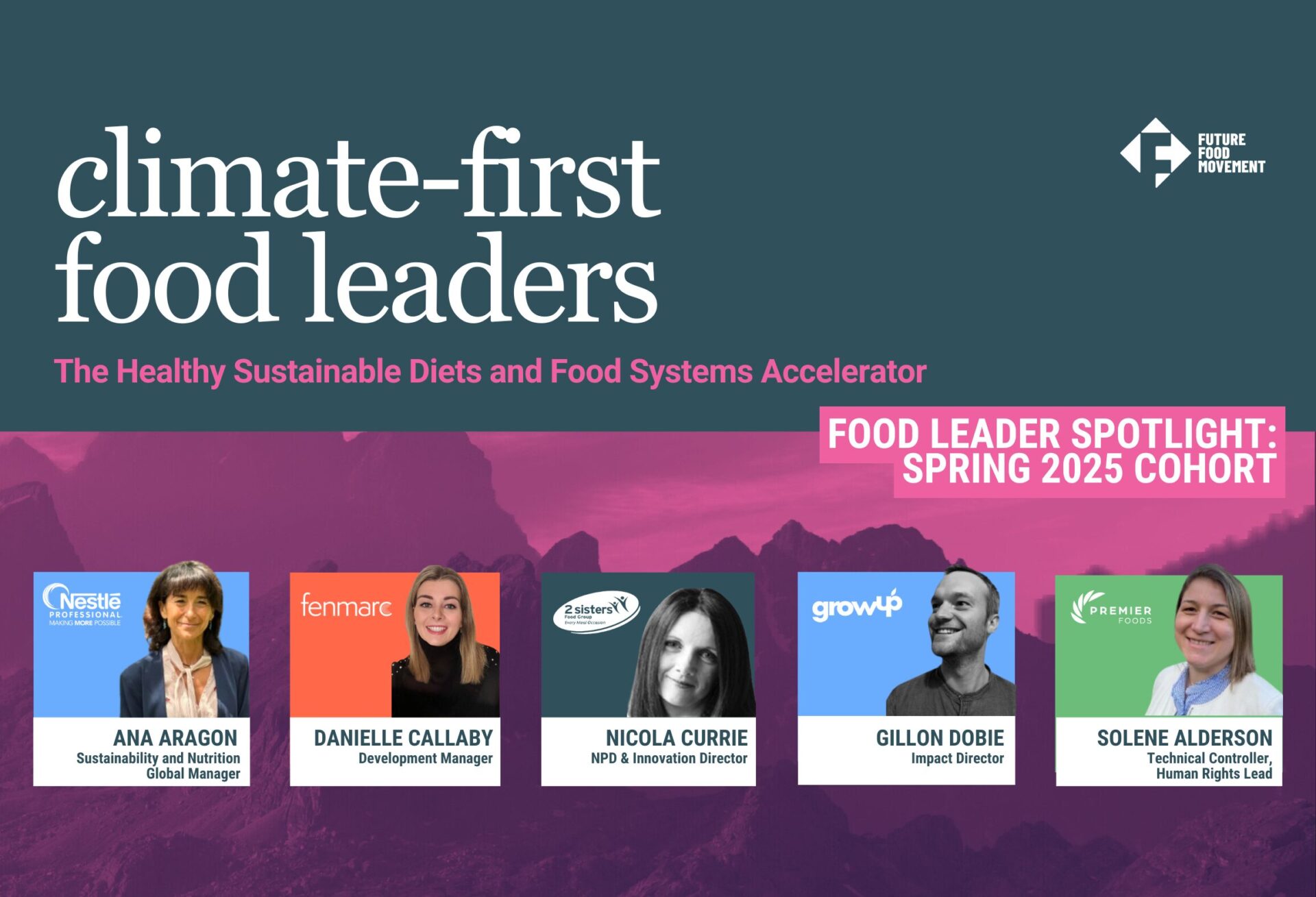Dr. Annie Rayner, co-founder of Planton Farm and Impeckable Poultry, is at the forefront of transforming protein production through agroecological farming. As a food systems researcher with extensive experience in the agri-food sector, Annie employs a systems-thinking approach to drive meaningful change in livestock production. She collaborates with farmers, governments, universities, major food brands and policymakers to develop sustainable and ethical food systems. This case study explores how innovative farming techniques can boost nutrition and support sustainable production.
Regenerative Farming at Planton Farm
Planton Farm, an 80-acre livestock farm in the Shropshire Hills, integrates Aberdeen Angus cattle, laying hens and seasonal chickens into a regenerative system that prioritises animal welfare and environmental sustainability.
One of Planton Farm’s key innovations is its research into pasture-raised dual-purpose chickens, supported by a DEFRA grant. This project explores the welfare, carbon and biodiversity benefits of integrating poultry into the farming ecosystem. The chickens contribute to soil health and biodiversity, reinforcing the idea that livestock can play an active role in regenerating ecosystems. By designing systems that mimic natural processes, Annie and her team challenge conventional protein production models, demonstrating that livestock can be part of the solution to environmental degradation rather than a contributor to it.
Rethinking Protein and Nutritional Density
Annie explores the nutritional benefits of pasture-raised products, trialling these systems to produce more nutrient-dense meat and eggs.
Shifting the focus from sheer quantity to the quality of nutrition in farming is something Andrew Court, a Mixed Beef & Arable Farmer, agreed with in the FFM Food System Transformation Protein event (watch again here) with: “Our animals grow more slowly, but their nutrient density far surpasses that of those raised for rapid growth. Instead of pricing meat by weight, we should consider its nutritional value.” He proposes a shift in consumer thinking: “If a higher-quality product delivers superior nutrition, people may need less of it to meet their dietary needs. Pricing based on nutritional density rather than weight could be a more meaningful approach.”
Annie envisions a future where lower-input farming systems produce smaller quantities of highly nutritious food, reducing environmental impact while reshaping dietary habits. By prioritising nutrient density, we could see lower overall consumption and improved health outcomes.
How You Can Get Involved
Planton Farm’s DEFRA-funded project on pasture-raised dual-purpose chickens is in its early stages, and Annie is actively exploring the welfare, carbon and biodiversity benefits of integrating poultry into regenerative farming systems. The team is seeking additional partners to support this initiative. If you are interested in getting involved, please reach out to learn more and contribute to this groundbreaking work.













